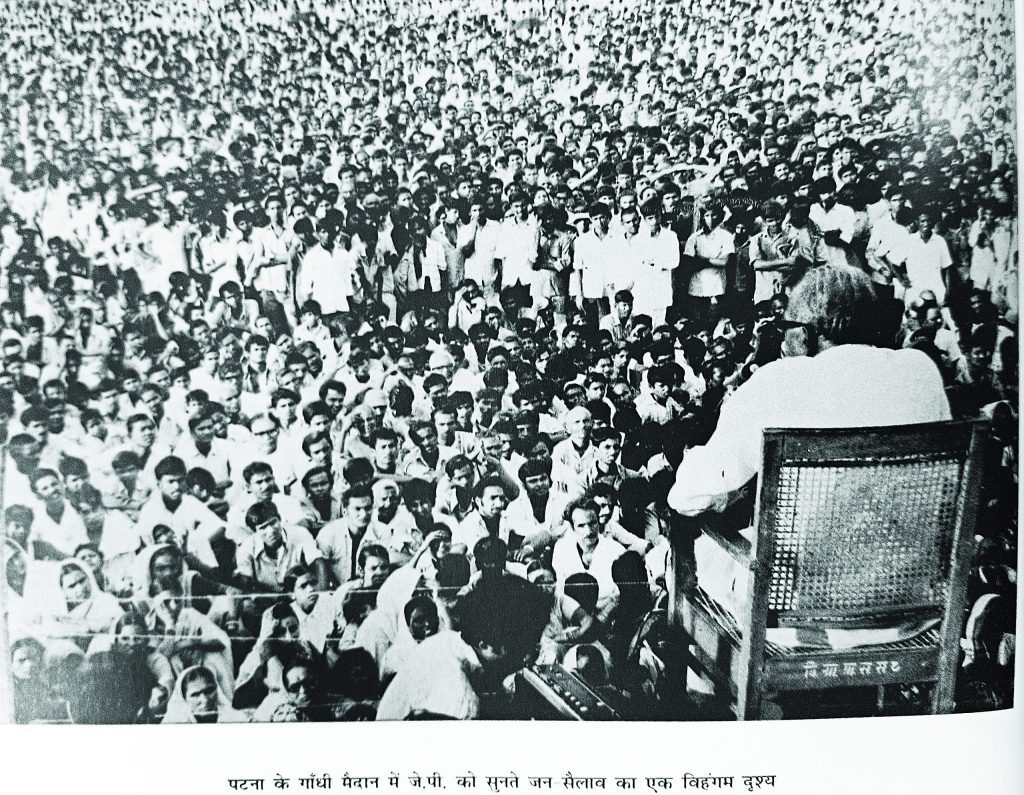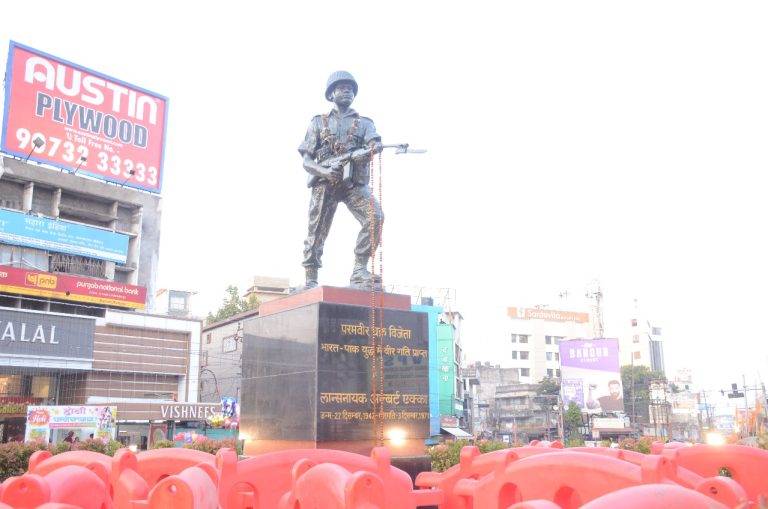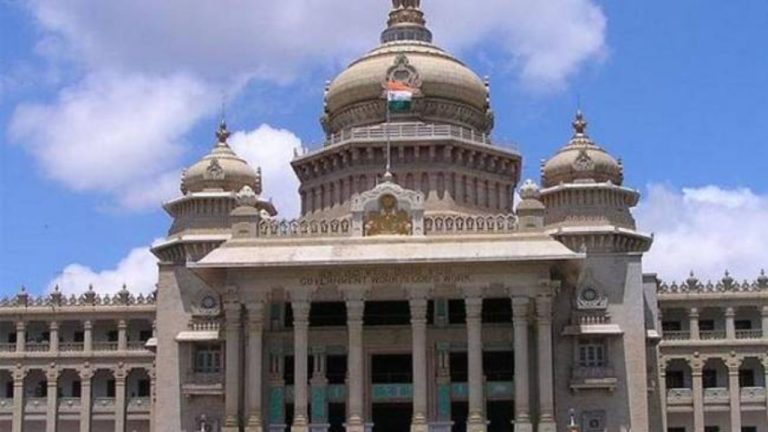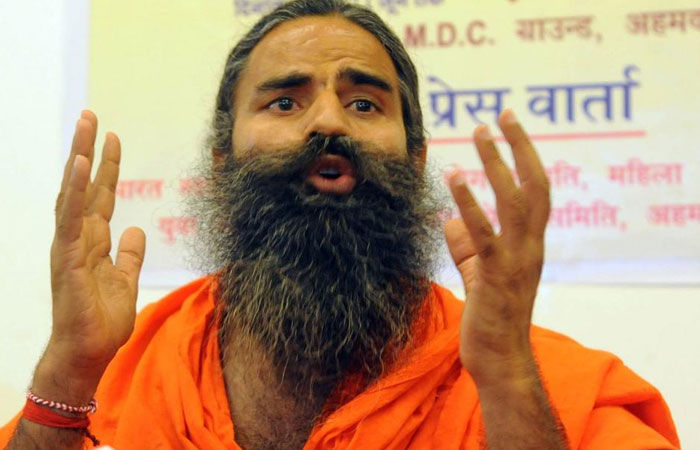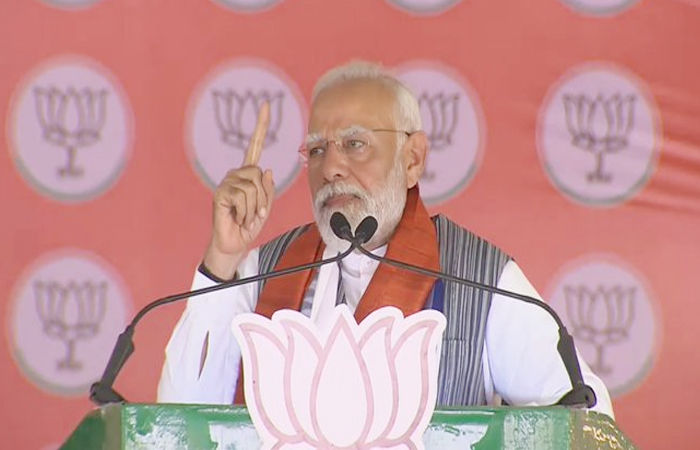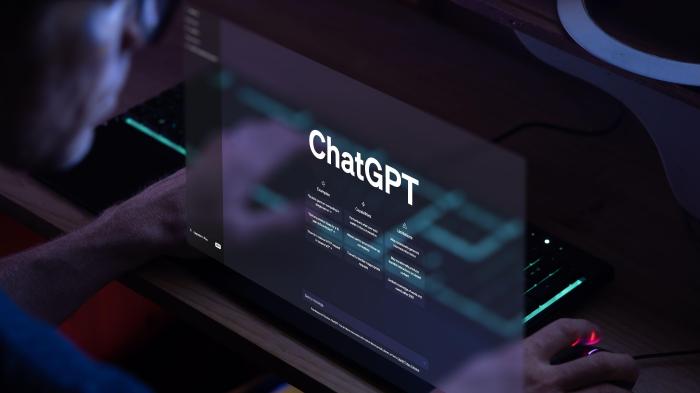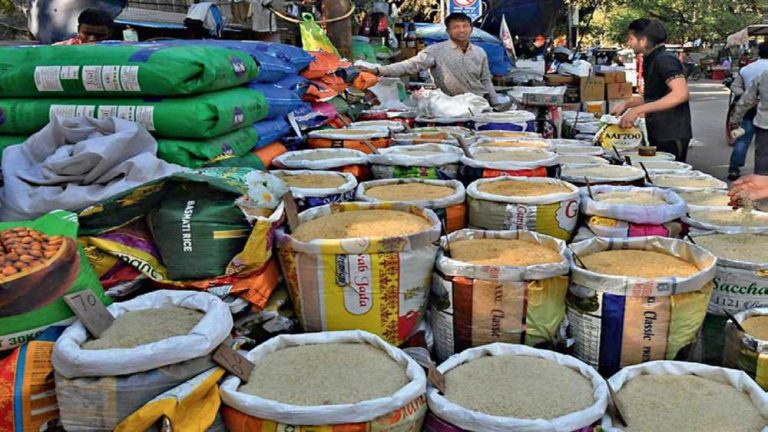'Sampoorna Kranti' tells the story of strengthening democracy, a slogan delivered by Lok Naik JP at Gandhi Maidan.
Total Revolution Day: On June 5, 1974, Loknayak Jayaprakash Narayan gave the slogan 'Total Revolution'. JP led a march to capture the Assembly and the Secretariat. At many places, the police resorted to batons and fired tear gas shells. It was reported that JP was also beaten with a stick. The news spread across the country, including Bihar. The volume of movement was increasing. In this case, when the then DM of Patna, VS Dubey recalls the incident of that day, in the scorching heat of June, people are ready to come to Patna on the invitation of Jayaprakash Narayan. People started coming to Patna five or six days ago. Some came by bus, others chose the river route. Many such boats were seen on the Ganges, seating forty to fifty people. Many had camped at the places of their acquaintances like railway stand, bus stand. He had raised slogans like 'Vacify the throne or else the common people will come' and 'JP must vacate the throne or else the public will come'. The slogan is aimed at lakhs of people going to the Assembly and Chief Secretariat premises and forcing the resignation of ministers and MLAs. The aim was to remove the then government which did not resign. The government did not miss this path of JP. The district administration and police are making arrangements to control the crowd. Back then there was no technical support like today. For example, no time for WhatsApp, cameras and mobile phones. Newspapers were also scarce. On 5th June, we announced that Prohibitory Order 144 has been issued across Patna through newspaper advertisements and leaflets. It is not permitted by law to come here in any kind of crowd or group. Apart from this, leaflets were dropped by airplanes and helicopters from Mogama to Arra and from Masodi to Hajipur i.e. Patna and the densely populated areas. This also had an impact. 18 to 20 thousand people were going in the procession with him. When Jayaprakash Narayan came out of his residence in Kadamkuan on June 5, only about two thousand people had gathered at the Congress ground. JP was going in a jeep. Through Bari Pass, he entered Gandhi Maidan from in front of Misra Petrol Pump. Around 18,000 to 20,000 people accompanied him in the procession. The management was adamant that JP should not be terminated. But thorough arrangements were made to ensure that there was no meeting with him. The road from Danapur and all the roads leading to Gandhi Maidan were barricaded. When Maurya reached the hotel, JP got into the jeep. Meanwhile, some people from Sajju Bagh and other streets joined them. Here too once the police used batons and threw tear gas shells. The crowd dispersed. JP continued to advance. When JP Dak reached the bungalow junction, only three hundred men remained with him. Some wanted to join the crowd from Mantri Waikal side near Income Tax Colombar. As usual, some Mawali people also entered the procession. Chants of Zindabad-Murdabad began to rise. Some stones were also thrown. 'The earlier news was not correct, he was killed'… the police resorted to batons and fired teargas shells here. It was a quarter past three in the afternoon. First, because of the heat and the tear gas, people were sweating profusely. In those days, there were many big trees near Income Tax Colombar. JP also got down from the jeep there. He had a towel tied on his head. His bodyguards were putting wet handkerchiefs over his face. JP got down and sat under the tree. At the same time, a reporter from a news agency felt that JP was also hit by the police baton and fell down. He sent a message to his office that he also hit JP with a stick and he fell unconscious. When I realized he had posted this message, I interrupted. He also admitted that there was no lathi charge on JP. He immediately wrote this message to his other friend – 'The previous message was not correct, he was killed'. JP has no party, he has a big personality, here JP is asking for water. In those days there was no tendency to carry a bottle of soft drink as it is today. But I asked my guard to take water from the thermo kept in my car and give it to JP. JP drank water. The crowd dispersed. JP moved forward and near Serpentine Road was Inspector Prasad Roy's residence. Those who were with him joined the struggle. Later, this movement of JP spread across the country. VS Dubey says JP had no party of his own and had a big personality. Fame is great, thought is great. His cadre is not. RSS or Jan Sangam was working as a cadre for them. His plea made an impact on the people. You keep peace and come to Gandhi Maidan… Srinivas, who was a comrade of the movement, said that only one incident of the historic rally of June 5, 1974, considered the biggest rally in Patna till then, was mentioned. I would like to do it here. While the rally was returning from Raj Bhavan, firing was fired at the rally from the residence of an MLA (Pulena Roy, West Champaran, associated with the I movement). Coincidentally our group was there then. There was a great commotion among the protestors. Everyone started gathering at that place. Then JP's appeal was heard from a microphone mounted on a jeep – 'All of you should come to Gandhi Maidan quietly and maintain peace'. Hearing this, the people calmed down. Such is the influence of that general leader! If violence had erupted then, it is not known what the shape of the movement would have been. Who knows whether that meeting could have been held at Gandhi Maidan that day or not. Somehow the meeting took place. … and the immediate intent to change the government began to dominate the Gandhi Maidan, and JP, who was declared “Lok Naik” for the first time in the same meeting, continued to speak like a teacher. There was no excitement in the voice. I could not understand much or if I should say, I could not listen patiently enough. I realized that it's not an instant or a few days thing, if you want to get into it, you have to do it with long preparation. Maybe for life. Soon the movement began to spread outside Bihar. Its heat began to reach the central Indira Gandhi government. But what happened was that the immediate objective of changing the government began to dominate the goal of social change. On 5th June, JP entrusted us with the responsibility to connect the villages, create awareness and organize them, but we have not been able to engage in that task honestly and seriously. A “people's government” should be set up in every village. Can be developed in very few villages in very few districts. There was only one village in our district — Sirisia Atta — which was an annoyance from the point of view of the administration. This became a movement for complete change (on 5 June) and he declared full revolution for the first time. 'Friends, this movement has four demands – eradication of corruption, inflation and unemployment, and eradication of illiteracy. But can corruption be eradicated or reduced without radical changes in society? Will inflation and unemployment disappear or decrease? Will there be fundamental changes in education? No. This is not possible unless there is a radical change in society as a whole. The answer to these four demands is the answer to all the problems of society. It's a complete revolution guys. He then explained the main dimensions of complete revolution – social, economic, political, ideological, educational and moral revolution. He also said that this entire revolution is almost like the 'seven revolutions' that Dr. Logia talked about. Loknayak Jai Prakash Narayan gave the slogan of total revolution from Gandhi Maidan in Patna. Then, JP described it as Sampoorna Kranthi, inspired by Dr. Ram Manohar Lohia's Sapt Kranthi, which talked about removing all forms of inequality and establishing equality in the society. JP had given this slogan at a time when the country was in despair. In such a situation people started a big movement accepting JP as a hero. It is actually a great experiment. I was then in Bangipur Jail. This movement was a progressive movement. – Sivanand Tiwari, Senior Socialist Leader, JP The movement's impact was also felt in the recent Lok Sabha elections: Bhasishtha Narayan Singh, JP, recalls the movement, senior JTU leader Bhasishtha Narayan Singh, closely associated with the movement, June 5 Its impact was also felt in the recent Lok Sabha elections. All political parties talk about an agenda for the development of the poor and the people who belong to the lowest strata of society. He says it is an important date in the country's historical movement. This movement raised social awareness and as a result all political parties included the poor in their agenda. Everyone agreed that the society was divided and the focus was on the development of each class. In this regard, Prabhat Khabar reporter Krishna Kumar spoke to Bashishta Narayan Singh about various aspects of the movement. Recalling that period, Bashishtha Narayan Singh says that in this movement, Jaiprakash Narayan (JP) made a big announcement that the movement would change the structure. Through this, social, economic, political, spiritual, moral and social change will take place. His aim was to decentralize from bottom to top. He believed that the village representatives should develop plans to solve all kinds of problems. Try to solve them too. However, shortly after the announcement of the movement, JP Because of this, difficulties arose in the scope of the movement. There was also a disintegration of the student movement. There was polarization of political parties. During the transition of power they limited their activity. Some students were saved. The group tried to change the system, but it was slow to change. Bashishta Narayan Singh says that the last man of the society, the poor, the underprivileged, the backward and the Dalits started to be talked about in politics. The political parties prioritized inclusion of the lowest class of society in their agenda and their programmes. However, political parties do not put aspects of morality on the agenda. Because of this the goal of the movement could not be achieved, but the feeling in the society was definitely increased. The result of the Lok Sabha elections was also a result of this movement's decision that all political parties argued for the last man or the poor in the recent Lok Sabha elections. Commenting on the movement, JP created the impression of changing the agenda of today's politics, but if he was healthy, its full form would be known in society. . There was a decay. However, the impact of that movement is still visible at the political and social level. The post 'Sampoorna Grandi' tells the story of strengthening democracy, Loknayak JP presented the slogan at Gandhi Ground.
